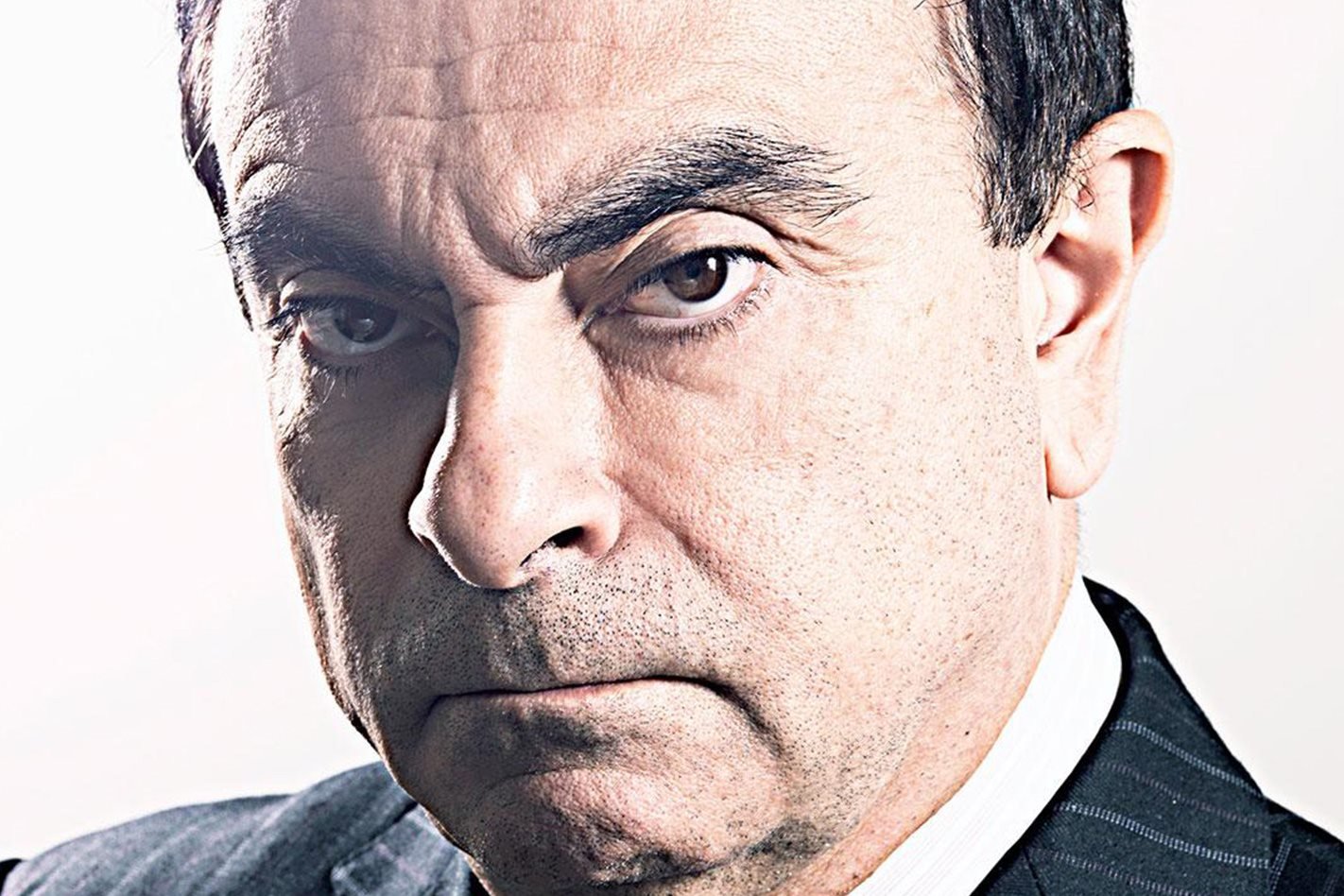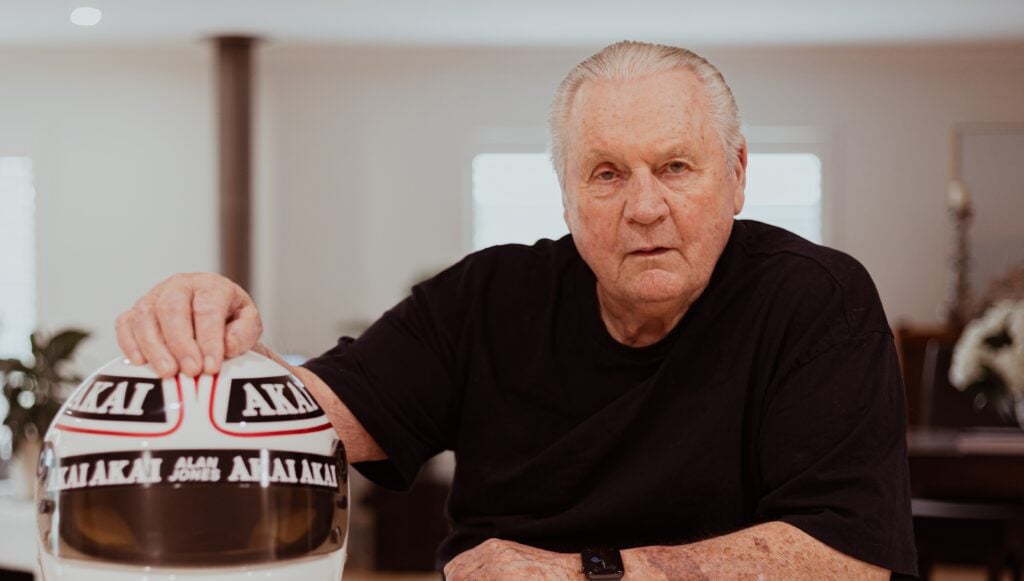THE TRAPPINGS of Carlos Ghosn’s wealth were jaw-dropping.
His lifestyle included homes in Paris, Rio de Janeiro, Beirut Amsterdam and Tokyo, an official salary package of USD$15m, and a Marie Antoinette-themed wedding celebration in 2016 at the Palace of Versailles. The pompadours, macarons and gilded invitations to the Parisian elite must seem a distant memory now.
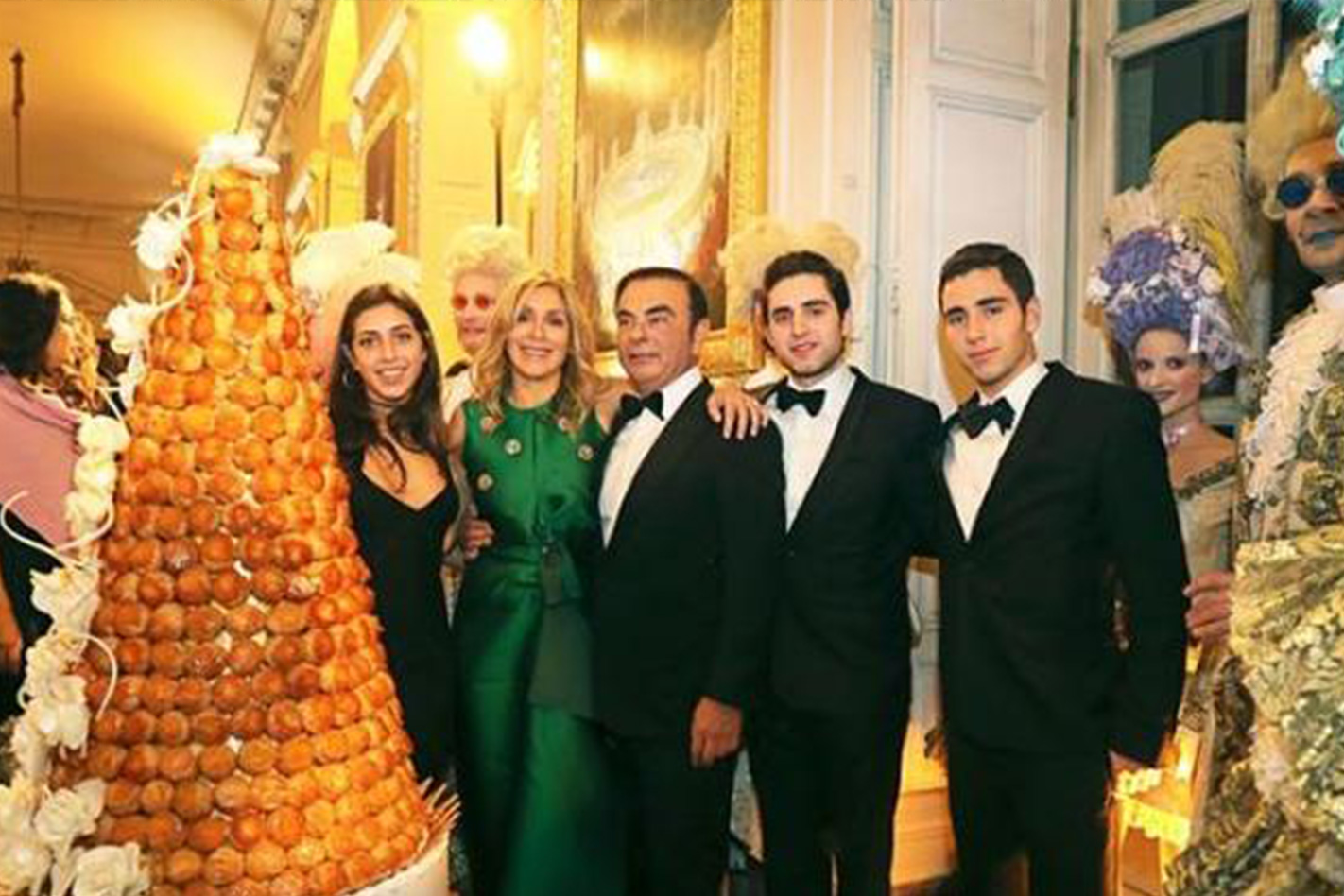
Ghosn’s new home is a twelve-storey austere concrete edifice in Katsushika. The Tokyo Detention House can count on a 99 percent conviction rate amongst indicted detainees and houses one of Japan’s seven execution chambers in its basement.
The daily regimen is brutal. While many expected the 64-year-old executive to be housed in a white-collar facility, that expectation ignores the fact that Ghosn’s formal charge of underreporting his income by about 5 billion yen (USD$44 million) for five years through 2015 carries a far greater social taboo in Japan than it does in many western cultures.
Falsely reporting income “is one of the most serious categories of offenses,” said Shin Kukimoto, deputy chief prosecutor at the Tokyo District Public Prosecutors Office.
“It is a heavier category of crime than insider trading. I am aware that the eyes and the ears of the world are on this case.”
The Japan Financial Instruments and Exchange Act carries some serious clout and Ghosn is belatedly understanding its reach.
His cell contains nothing but a stool, a toilet and a washbasin, and measures about three tatami mats, or five square metres. Prosecutors have the right to question him at any time without access to attorneys. High profile prisoners such as Ghosn are usually housed in special cells where those cells opposite and adjacent are kept empty. There’s a regular routine of being awakened at 7am with lights out at 9pm.
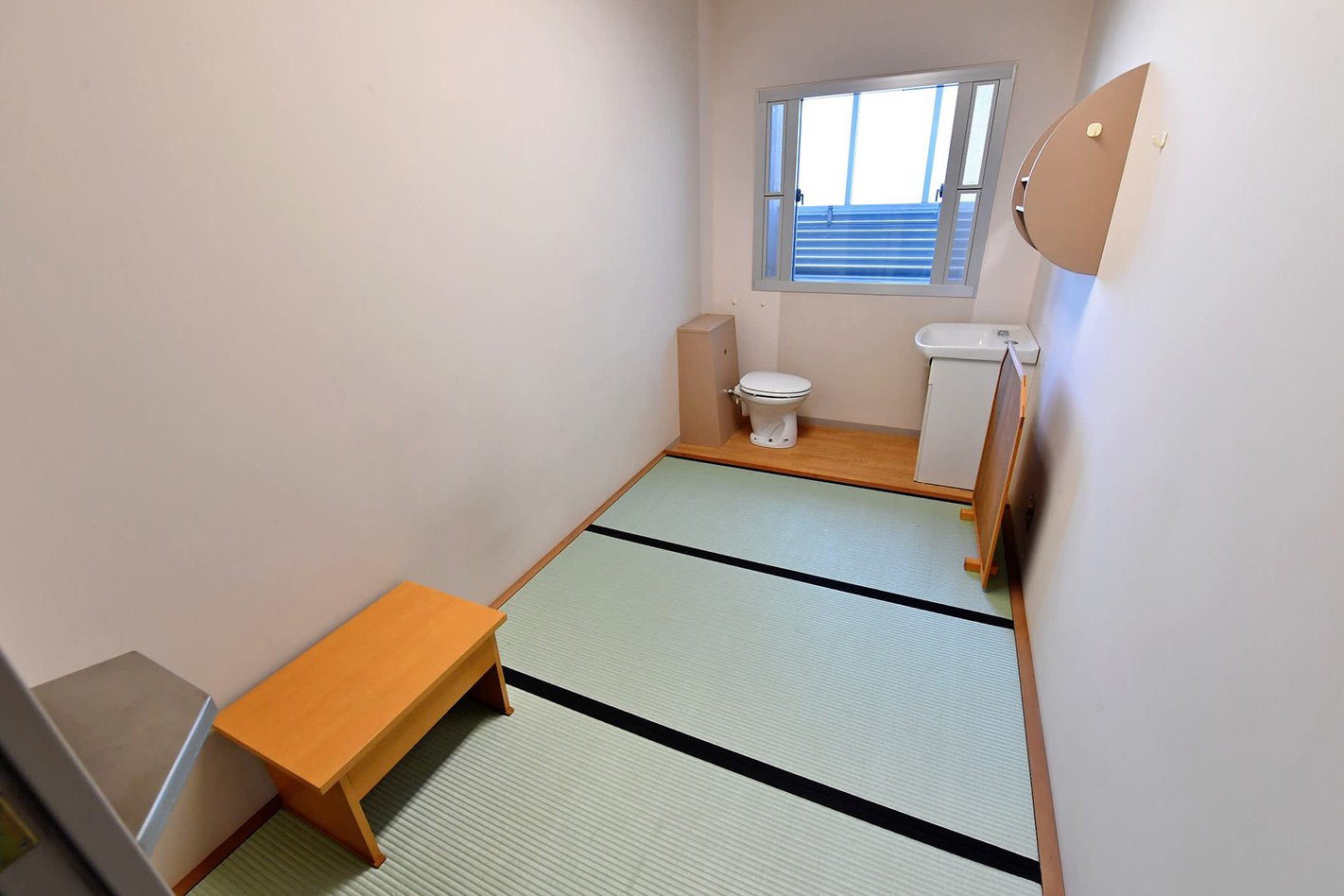
He is constantly monitored to prevent him laying down to sleep, exercising in the cell or even slouching on his stool. Punishments for the latter include being taken to padded isolation cells and put into stress positions with hands bound.
Since being detained, the Brazilian-born Frenchman of Lebanese ancestry has lost around 10kg, perhaps unsurprising given that bread is only served during meals about once or twice a month and the rice provided for all other meals is mixed with around three parts barley.
Temperatures hover around 5℃ in Tokyo at this time of year and Ghosn has complained to family and friends about the cold and has been provided with a jacket to wear. The Panopticon design of the detention facility features a central inspection hub and this is heated, although the Justice Ministry sources admit that the heated air may not always circulate to the cells.
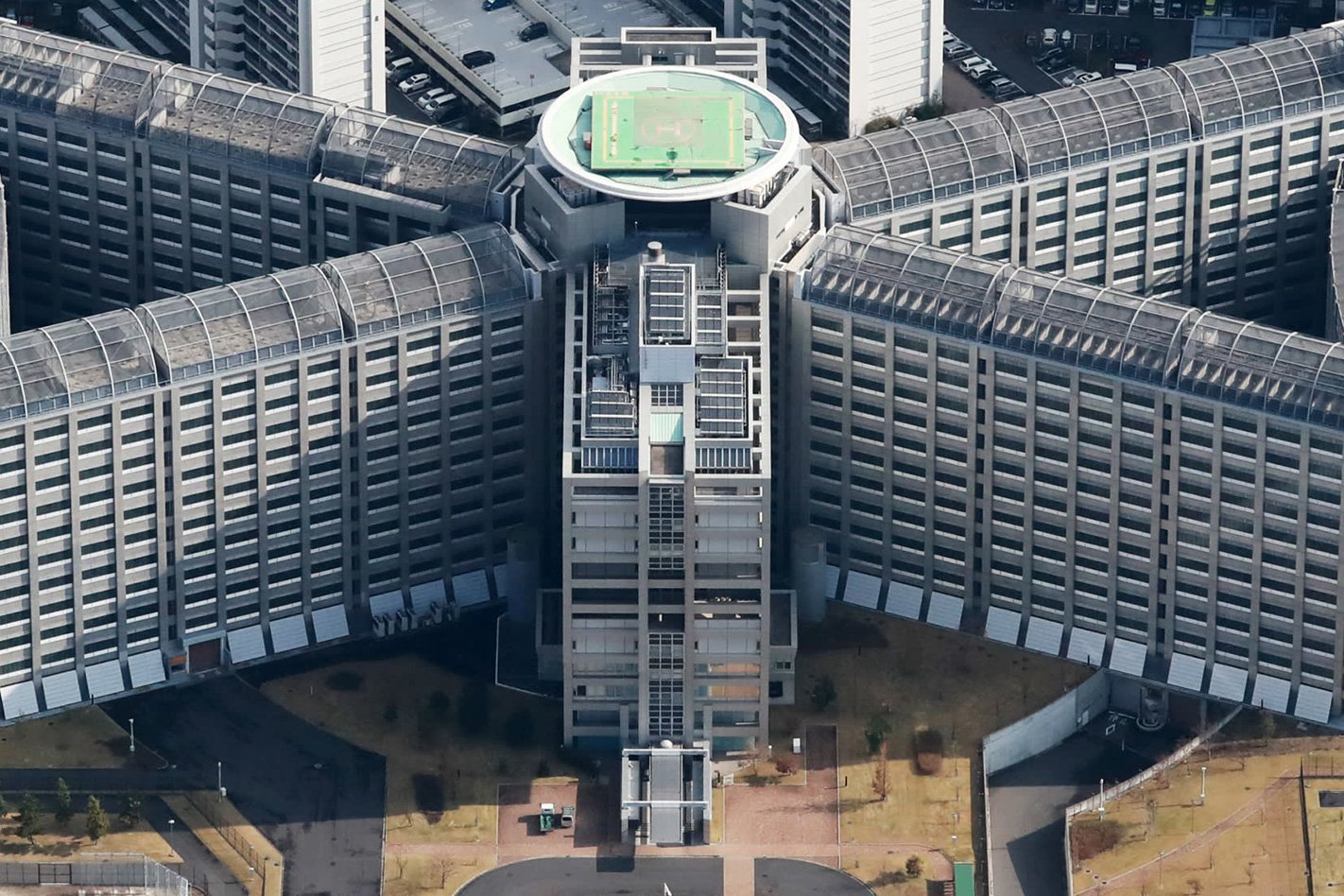
Visitors have also brought him books – of which a maximum of three are allowed at any one time – English-language newspapers and translations of Japanese articles about his case. Lebanon’s ambassador to Japan has visited Ghosn three times and has supplied a mattress instead of the thin tatami mats the executive was sleeping on. Baths are only allowed on Tuesdays and Fridays.
According to Japanese law, Ghosn can be held in custody for up to 23 days without being charged, although that ‘clock’ can be reset if new or materially modified charges are laid against him.
Because of the nature of his alleged crimes, bail is unlikely as there is a risk of evidence being tampered with or destroyed. Ghosn has offered to wear an ankle bracelet and be supervised by security around the clock, but that’s unlikely to be accepted. In effect, he can be held for up to a year under harsh interrogatory conditions.
While incarcerated, Nissan has been working to prevent Ghosn’s family from entering a luxury apartment in Rio de Janeiro worth around USD$3 million and a house in Beirut that the automaker bought for $8.75 million in 2012 and which the car manufacturer then spent another $6m, renovating to Ghosn’s tastes with a wine cellar and sarcophagi displayed in glass cases in the entrance.
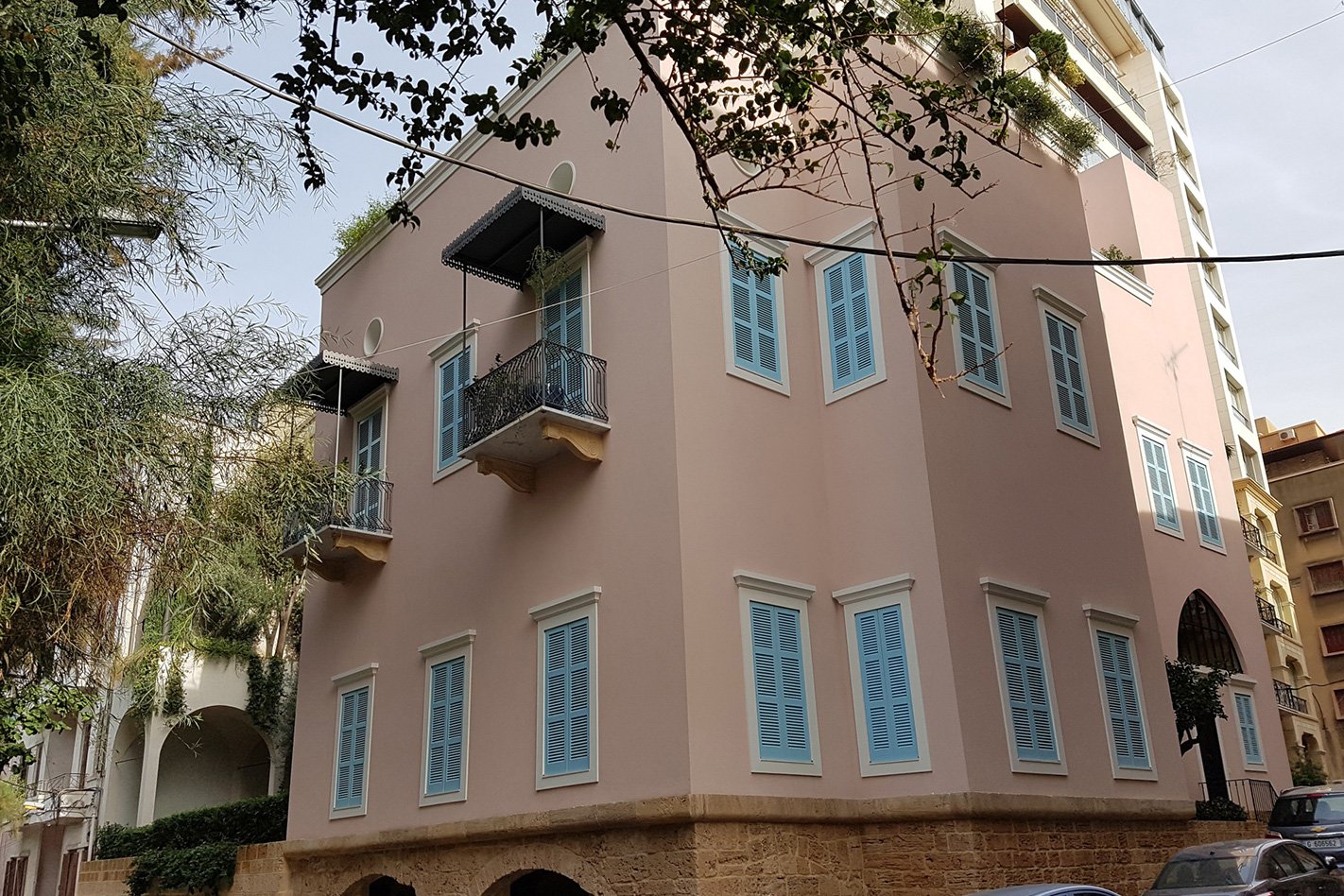
Locks have already been changed at several properties, with Ghosn’s wife, Carole, reportedly denied access to the Beirut residence. A local court in Rio granted Ghosn’s representatives access to his apartment and files were removed from a safe. “Nissan believes that the documents removed from the Rio apartment last night were not personal in nature,” the company said. Carole Ghosn recently penned a nine-page letter to the Tokyo branch of Human Rights Watch describing the Japanese justice system as “draconian.”
“No human being should be detained under conditions so harsh that their only plausible purpose is to coerce a confession,” she wrote.
Other occupants at the Tokyo Detention House have included convicted members of the Aum Shinrikyo cult, responsible for the sarin nerve gas attack on the Tokyo subway in 1995. Shoko Asahara, the mastermind off the attack which killed 13 and injured hundreds of others, was executed in the basement of the facility on July 6th last year. Co-conspirator Kenichi Hirose was executed 20 days later, one of six inmates hung at the Tokyo facility in 2018 alone.
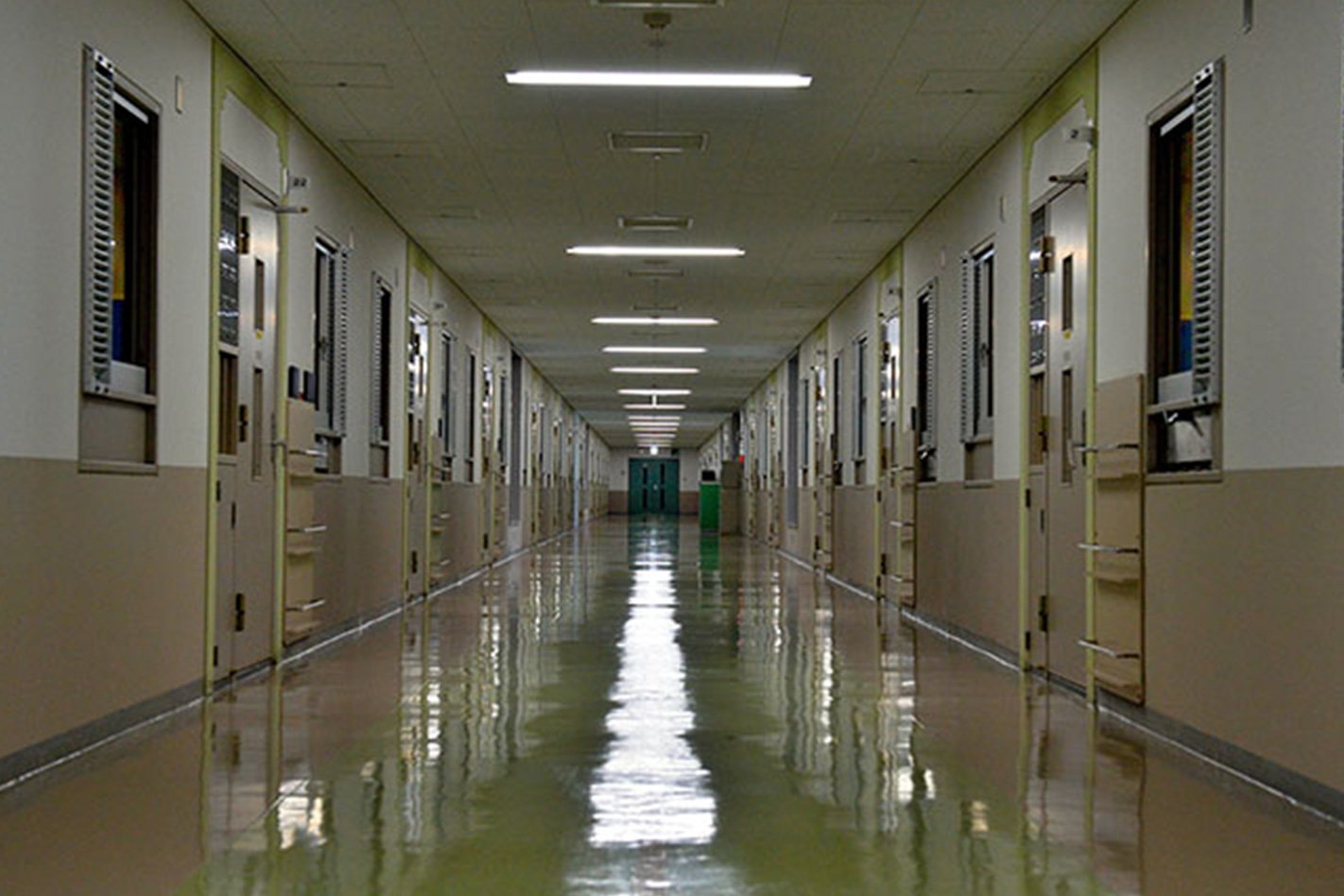
The execution chamber consists of a trapdoor with a long-drop gallows. The convict stands within a red square that denotes the trap. The mechanism is then operated by three switches mounted on the other side of a partition wall which are pressed simultaneously so that no one corrections officer knows if they have released the trapdoor.
The nature of Ghosn’s incarceration has brought the Japanese penal system under a harsh spotlight. Toshio Sakamoto, who worked as a guard at the detention centre for more than three decades acknowledged that what have been described as ‘hostage justice’ conditions would be “very tough” for Ghosn.
“It’s a disaster for the Tokyo Detention Centre. You must be very careful to prevent any mishap, which could be an international issue. I wouldn’t want to be there myself,” he said.
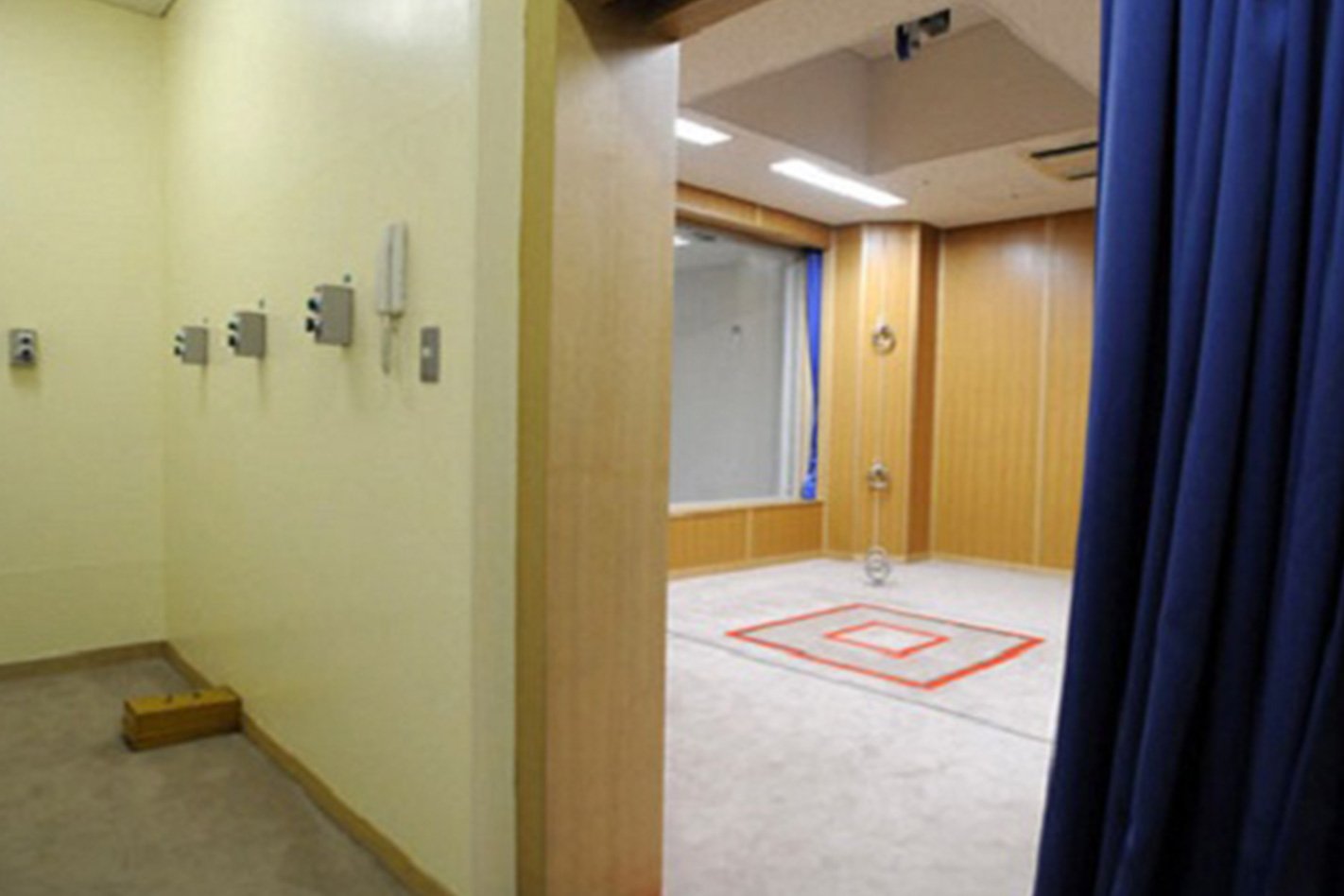
He described the dystopian facility as a “monster” largely because “you never know what will happen there”.
Carlos Ghosn: the rise and fall of “Le Cost Killer”
Mr Sakamoto told AFP of instances where informants would deliberately get themselves incarcerated so that they could profit by selling stories on famous inmates. “It’s just like an American crime drama in there,” he said.
Mark Karpeles, the former CEO of Mt Gox, a cryptocurrency exchange that collapsed in 2015 when hackers drained the company’s digital coffers, knows what Ghosn is going through. He spent more than 11 months in custody, was interrogated for 50 straight days and lost around 30kg in a process he described to CNN as a “nightmare” that he believed could only be ended by pleading guilty.
“I wouldn’t want this on anyone,” Karpeles told CNN. “Not my worst enemy, not even humanity’s worst enemy.”


